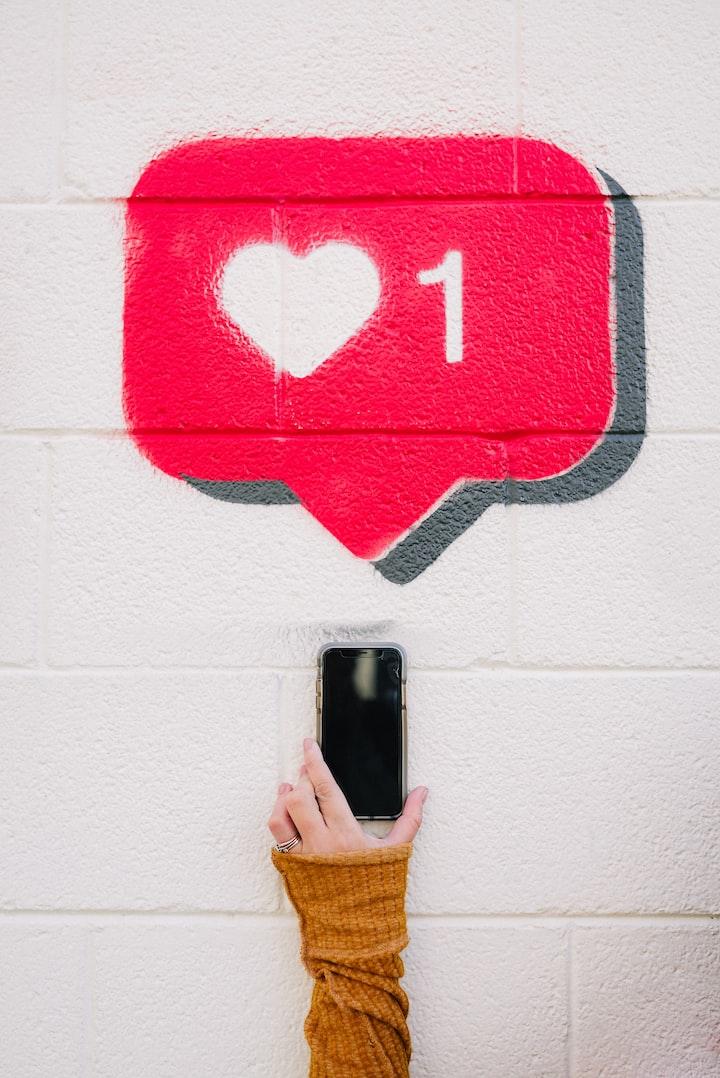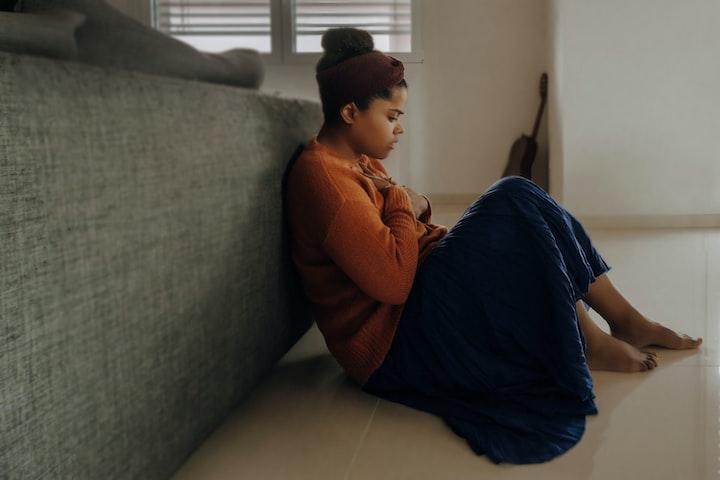Quick Facts: What Are the Symptoms of High Anxiety?
Anxiety disorders are the most common mental health disorders in the United States. An estimated 40 million adults in the U.S. (18%) have an anxiety disorder. Anxiety disorders are highly treatable, yet only 36.9% of those suffering receive treatment.
People with an anxiety disorder may experience symptoms such as:
– Feeling anxious, restless or tense
– Having a sense of impending danger, panic or doom
– Having an increased heart rate
– Sweating
– Trembling or shaking.
Read More »Quick Facts: What Are the Symptoms of High Anxiety?






